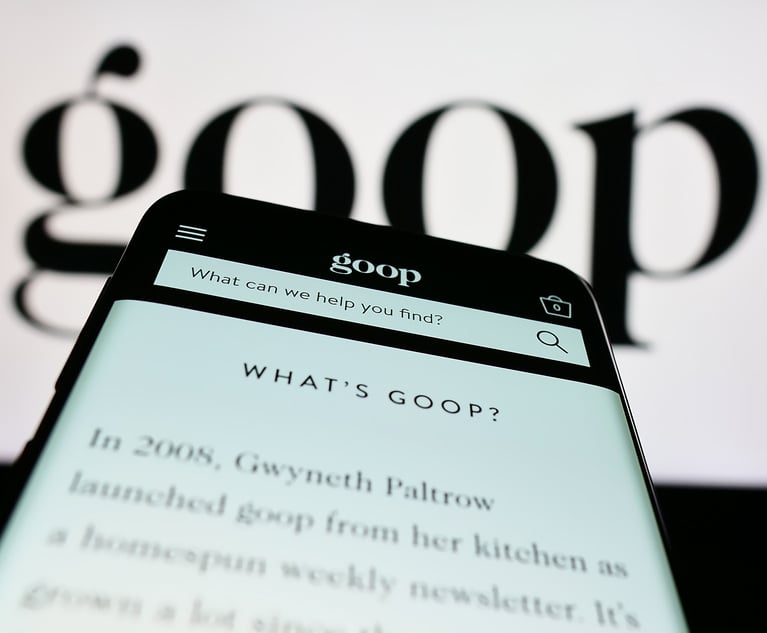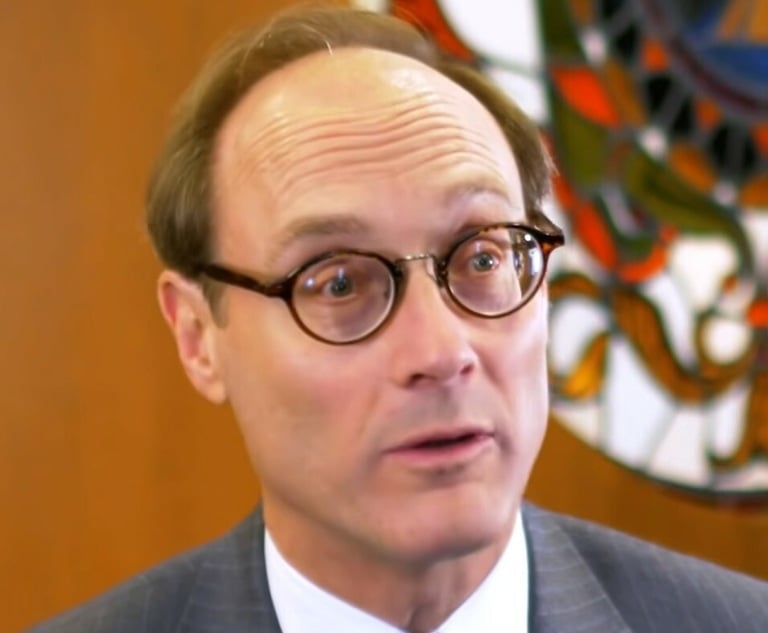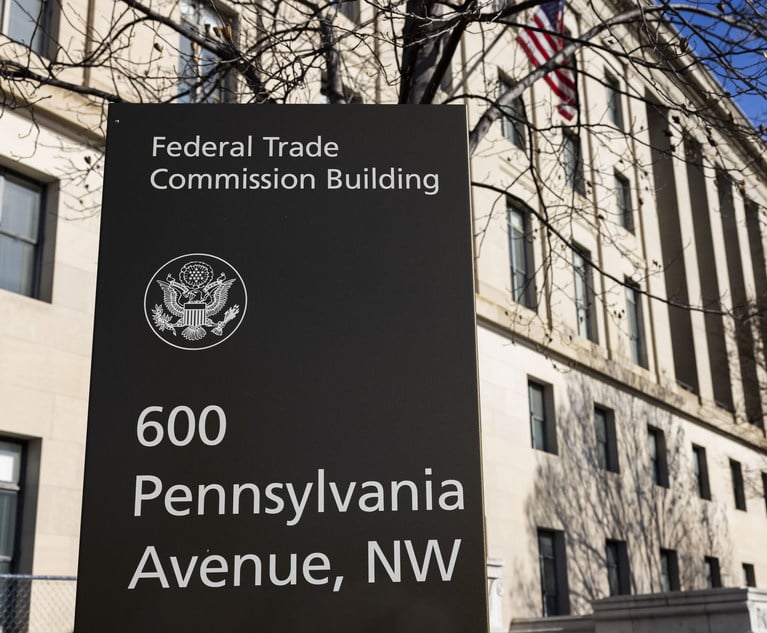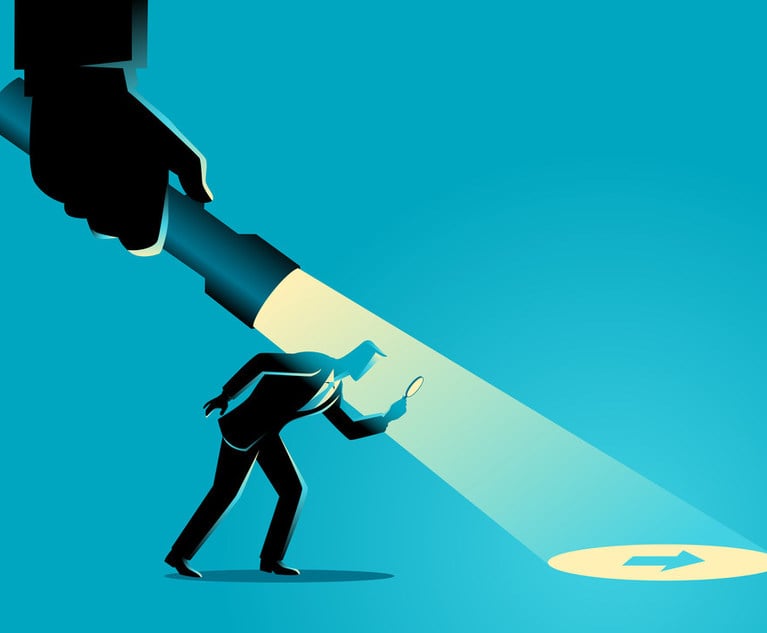The U.S. Supreme Court’s opinion in Andy Warhol Foundation for the Visual Arts, Inc. v. Goldsmith sent ripples through the legal and artistic communities. Months later, legal scholars and art journalists continue to debate whether the decision opens the door for federal courts to act as “art critics.” Many, however, downplay how the Supreme Court’s decision impacts the ways in which copyright owners may enforce their rights against generative AI tools.
Conversations around generative artificial intelligence (generative AI) are dominating the social stratosphere, as generative AI is regularly atop the headlines within the context of OpenAI’s ChatGPT or Google’s Bard. By simulating human cognitive thinking, generative AI can produce new types of text, imagery, audio, and synthetic data by using patterns and informational elements obtained from prior works.

 Credit: mrmohock/Adobe Stock.
Credit: mrmohock/Adobe Stock.







